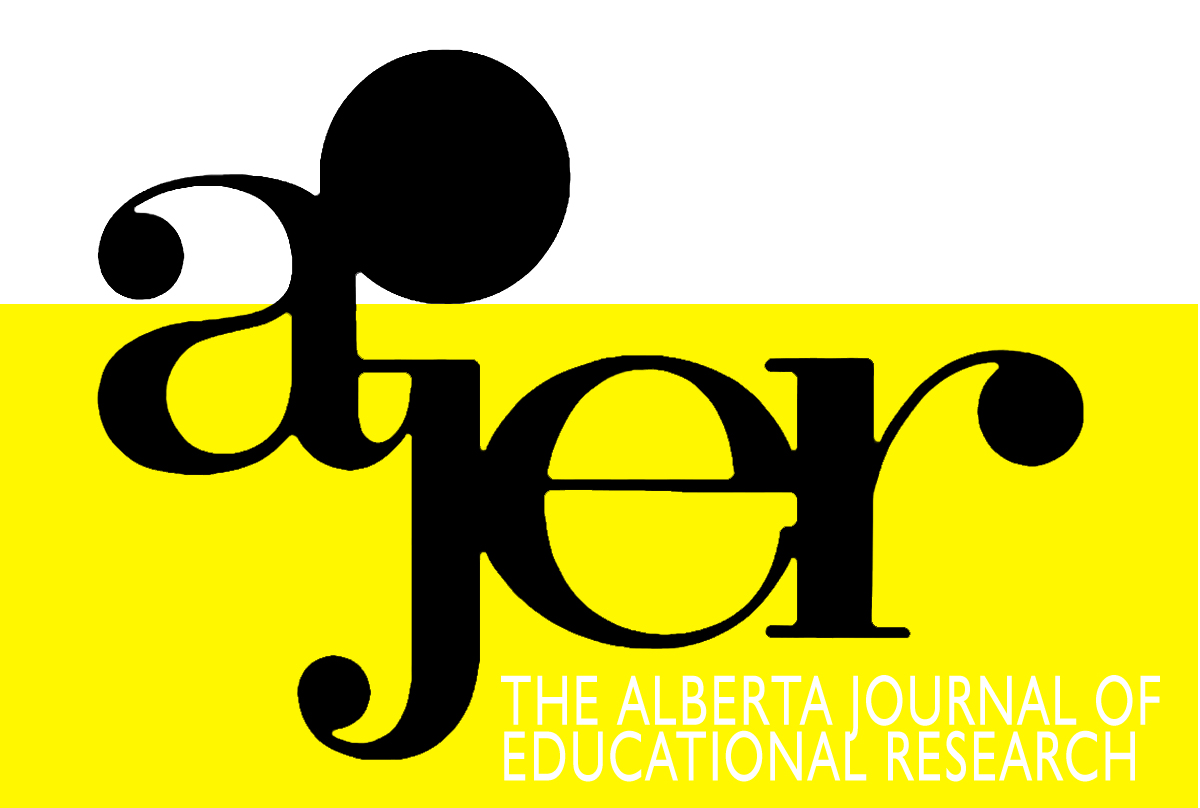Teacher Candidates’ Attitudes Towards the Teaching Profession in Turkey
DOI:
https://doi.org/10.55016/ojs/ajer.v58i3.55629Keywords:
Teaching profession, teacher candidates, professional attitude, teacher trainingAbstract
This study examined the attitudes of teacher candidates in Turkey towards the teaching profession. Descriptive surveys were used and the research data was obtained from Pamukkale University Classroom Teaching students. During data analysis, the arithmetic means and standard deviations of the groups were calculated and a t-test and One-Way ANOVA were used. The attitudes of teacher candidates towards the teaching profession don’t vary in terms of “gender”, “type of teaching”, “type of high schools they graduate from” and in order of their preferences to be a teacher. More than half of the candidates choose the Classroom Teaching Program willingly and about all of them want to perform this profession, but their attitudes towards the teaching profession were not well developed. The majority of the participants were not satisfied with the University and faculty administrations and reopted that they don’t show enough effort required to develop themselves for the profession. It is found that the attitudes of students expressing their discontent are at a lower level. It is necessary to provide the teacher candidates not only with knowledge and skills, but also to help them develop the beliefs and positive attitudes related to the profession.Cette étude a porté sur les attitudes qu’ont des étudiants au programme de formation à l’enseignement en Turquie envers la profession enseignante. Nous avons effectué des sondages descriptifs auprès d’étudiants au programme de formation à l’enseignement d’enseignement en classe de la Pamukkale University. Pendant l’analyse des données, on a calculé les moyennes arithmétiques et les écarts types des groupes en appliquant un test t et une ANOVA unidirectionnelle. Les attitudes qu’ont les étudiants au programme de formation à l’enseignement envers la profession enseignante ne varient pas en fonction des critères suivants : « genre », « type d’enseignement », « type d’école secondaire fréquentée » et « désir de devenir enseignant ». Plus de la moitié des candidats choisissent de leur plein gré l’enseignement en classe et à peu près tous veulent poursuivre cette profession; pourtant leurs attitudes envers la profession enseignante n’étaient pas bien développées. La majorité des participants n’étaient pas satisfaits de l’université, ni de l’administration et ils ont signalé qu’ils ne démontraient pas suffisamment d’efforts nécessaires pour se développer comme enseignants. On a trouvé que les attitudes des étudiants qui exprimaient leur mécontentement étaient plus négatives. Il est nécessaire de non seulement transmettre aux étudiants au programme de formation à l’enseignement des connaissances et des compétences, mais aussi de les aider à développer des croyances et des attitudes positives par rapport à leur profession.
Downloads
Issue
Section
License
UNIVERSITY OF ALBERTA COPYRIGHT LICENSE AND PUBLICATION AGREEMENT
If accepted, authors will be asked to sign a copyright agreement with the following points:
A. Where there is any inconsistency between this Copyright License and Publication Agreement and any other document or agreement in relation to the same subject matter, the terms of this Agreement shall govern.
B. This document sets out the rights you are granting in relation to publication of your article, book review, or research note entitled (the “Article”) through inclusion in the academic journal titled Alberta Journal of Educational Research (the “Journal”) published through the Faculty of Education, representing the Governors of the University of Alberta (the “Journal Editor”).
C. There will be no payment to you for this publication and grant of rights. In consideration of the agreement to publish the Article in the Journal:
1. You are warranting that:
- the content of the Article is your original work, and its content does not contain any material infringing the copyright of others; or, where the Article is not entirely your original work, you have obtained all necessary permissions in writing to grant the rights you are giving in this agreement;
- the content of the Article does not contain any material that is defamatory of, or violates the privacy rights of, or discloses the confidential information of, any other person;
- the Article has not been published elsewhere in whole or in part, and you will not allow publication of the Article elsewhere without the consent of the Journal Editor;
- the names of all co-authors and contributors to the Article are:
2. You agree to license the copyright in the Article to the Journal Editor, on a worldwide, perpetual, royalty free basis; and to the extent required by the terms of this agreement. You shall retain the right at all times to be acknowledged as the/an author of the Article.
3. You further agree that the Journal Editor has the entitlement to deal with the Article as the Journal Editor sees fit, and including in the following manner;
- The right to print, publish, market, communicate and distribute the Article and the Journal, in this and any subsequent editions, in all media (including electronic media), in all languages, and in all territories, ing the full term of copyright, and including any form of the Article separated from the Journal, such as in a database, abstract, offprint, translation or otherwise, and to authorize third parties to do so;
- The right to register copyright of the Journal;
- The right to edit the Article, to conform to editorial policy as the Journal Editor sees fit.
4. If any co-author or contributor to the Article does not sign this agreement, the Journal Editor reserves the right to refuse to publish the Article.



